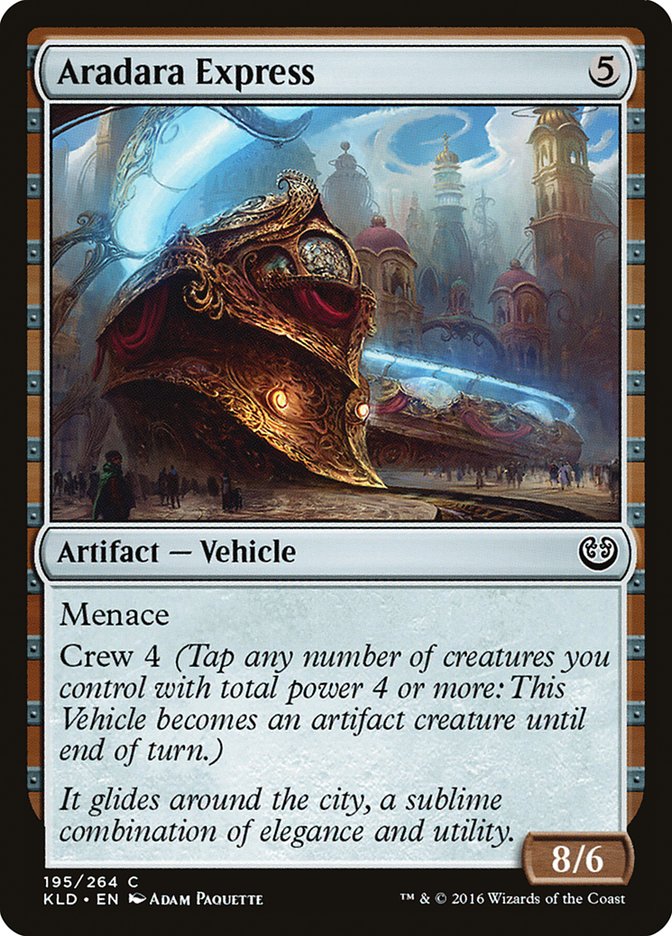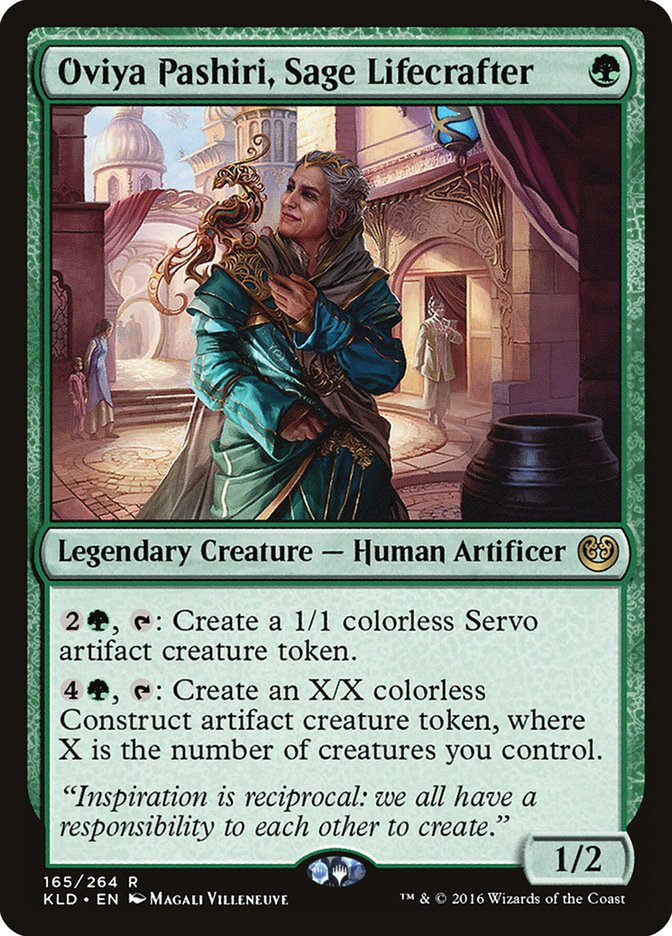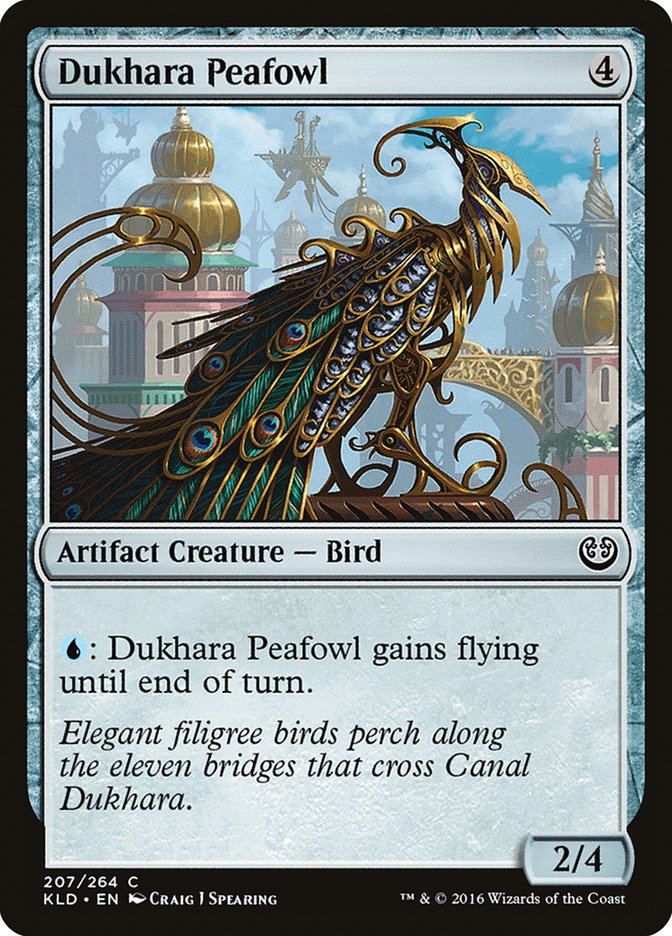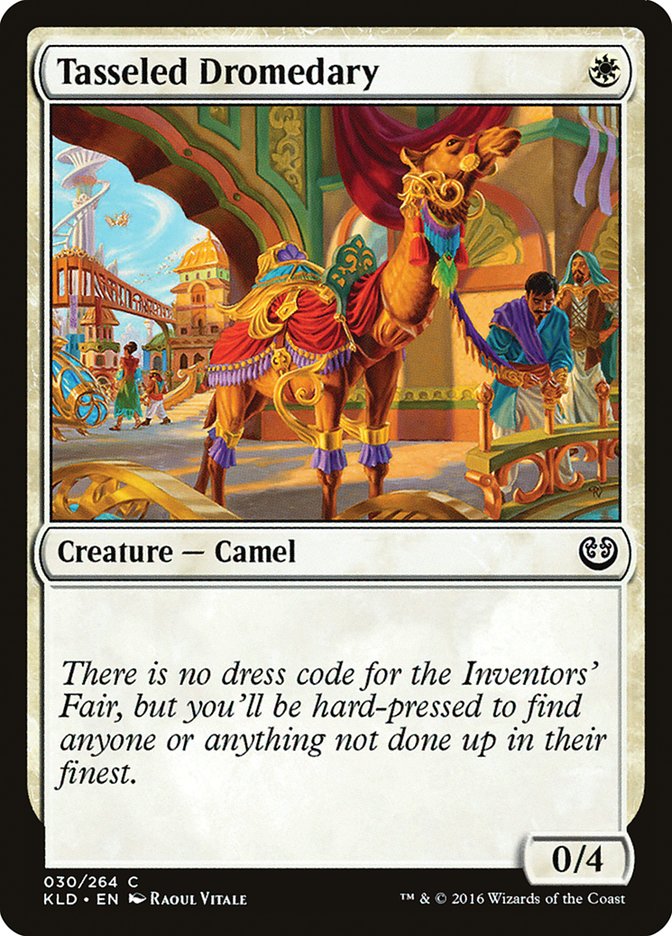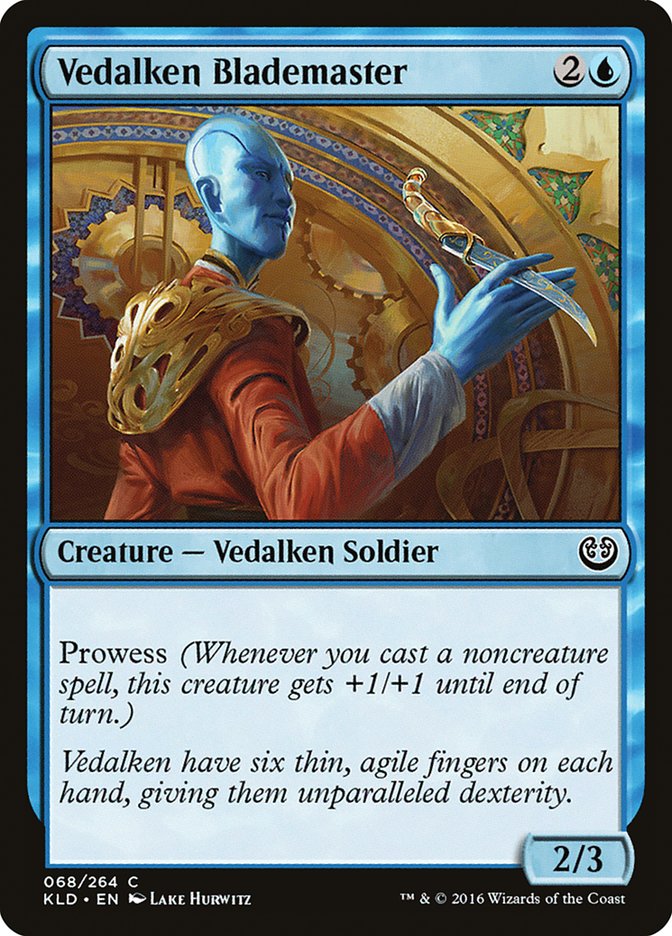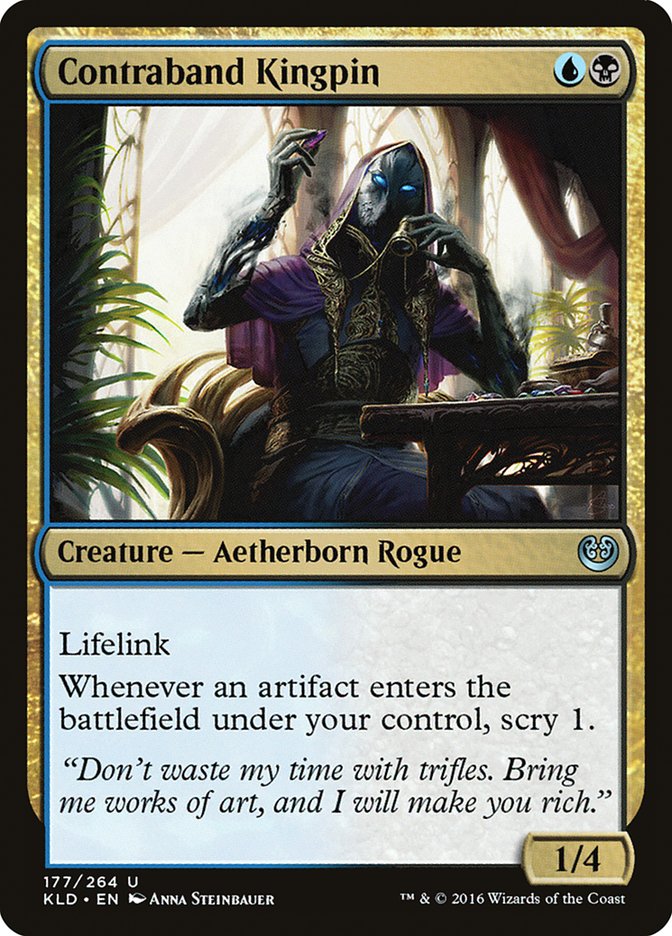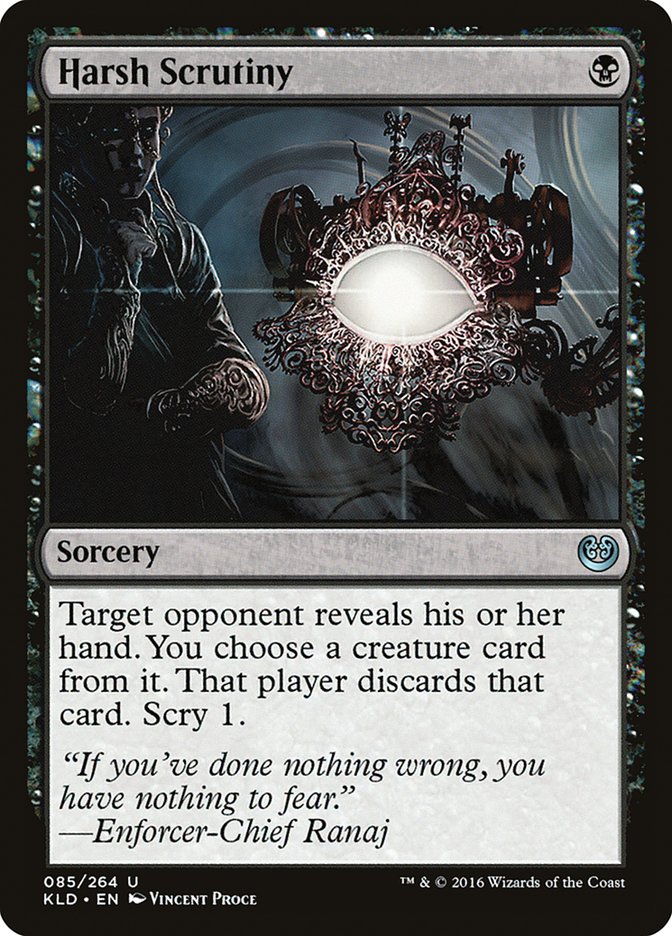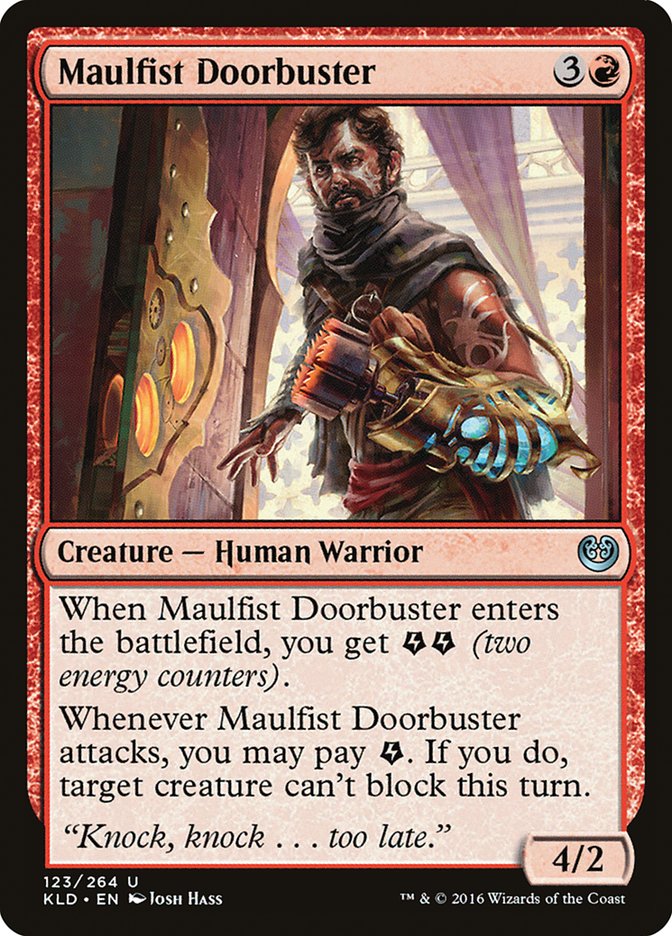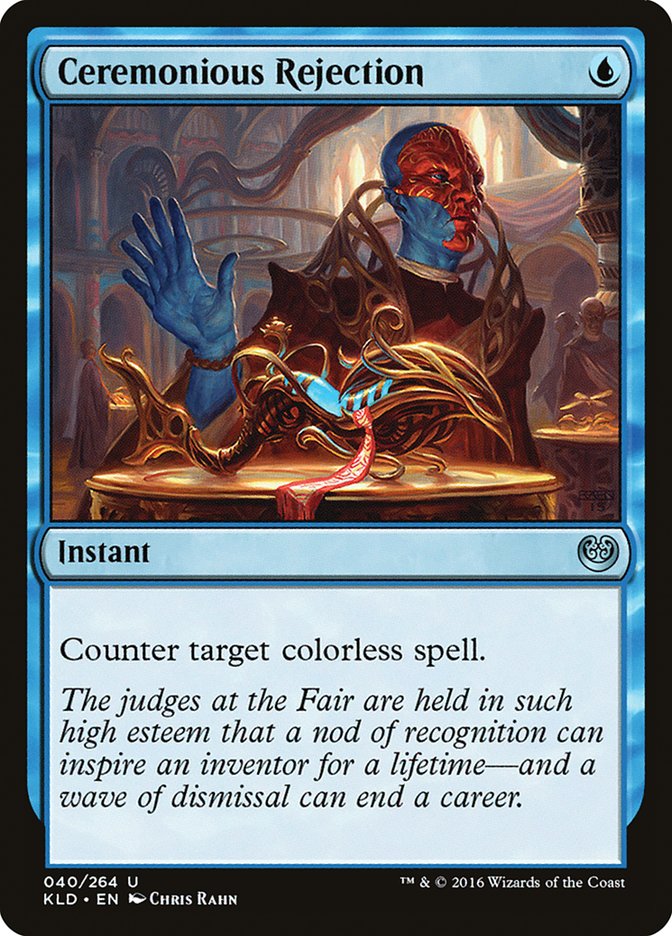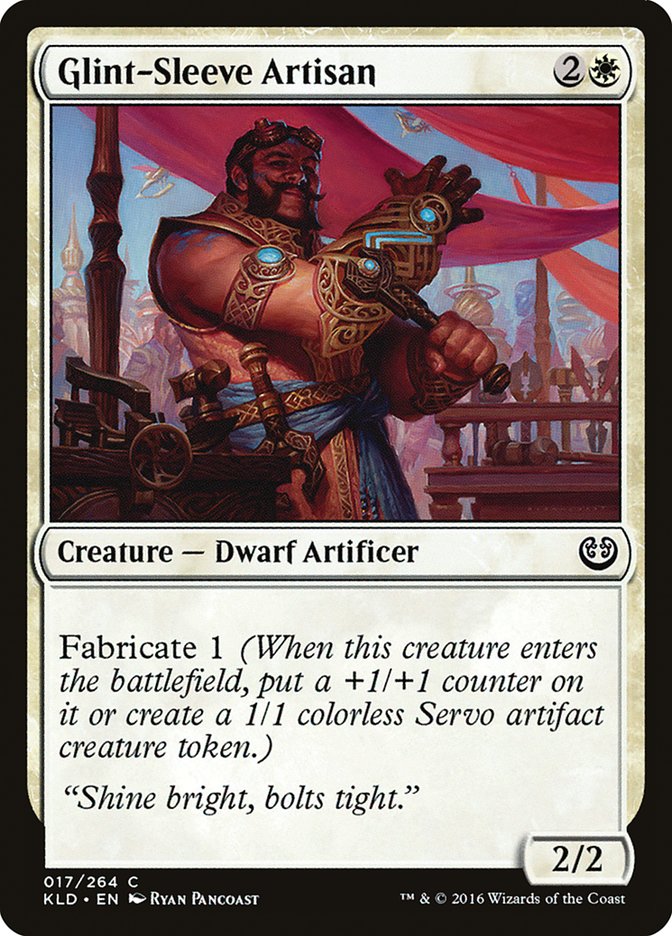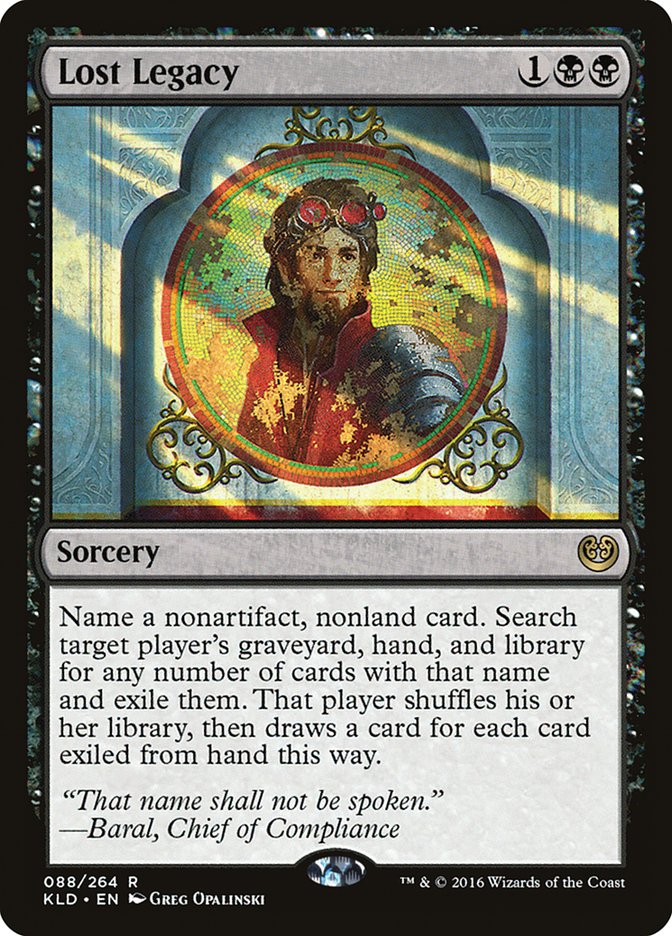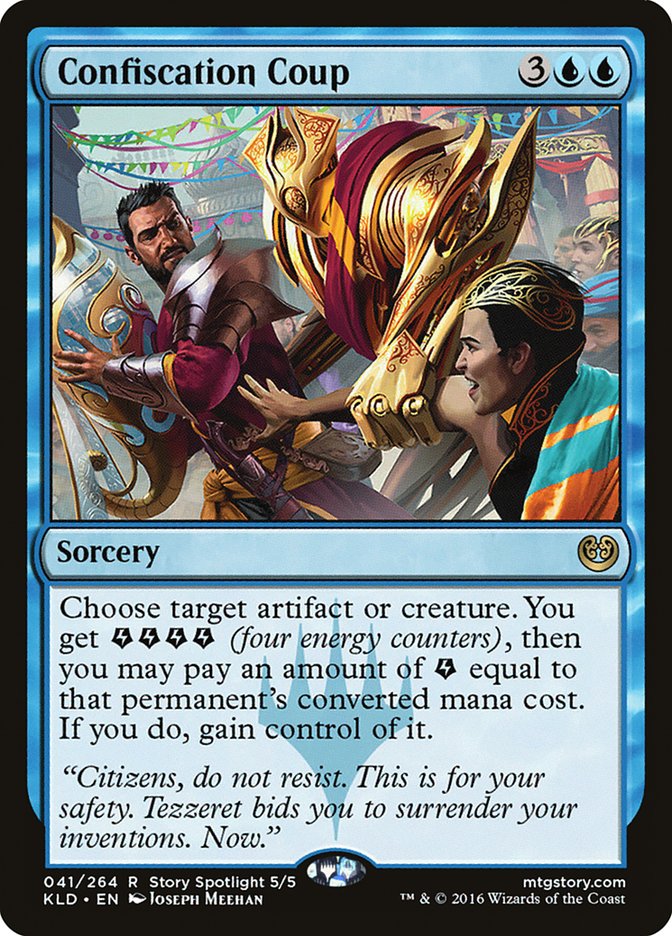First Scroll
The master I trained under was fond of a certain saying: “Every citizen of Kaladesh, like every tile in a mosaic, has a place and a purpose.”
I never asked him, as I have often asked myself, what happens to the pieces scrutinized and put aside.
My father named me Arvind, after the lotus. When I was a lad, he gave me over to Sameer, named for the wind but an artisan of stone. He was the mosaicist for a palace where a consul kept cool in the dry season. I followed him even when I could perform only the simplest tasks, my small Dwarven hands touching the rod and pot for stirring mortar and nothing else.
In time I learned all Master Sameer could share with me: how to create an underdrawing in charcoal, when not to use tiles of regular shape, why the black stone of one quarry differed in look from another. Also in time, like many of his trade, Master Sameer took ill in his lungs and died. On his death I was the best mosaicist to be found within a yojan of the palace.
I was also out of work.
The Great Aether Boom had taken hold in the cities, and though the benefits were slow to come to where I lived, I felt the consequences. By the end of Master Sameer’s life, his tasks at the palace had been all repair and no creation, the mosaicist replaced by the metalsmith.
The consul, her deputy explained to me not long after the funeral, had kept Master Sameer on, thinking him too aged to change skills. I was not given the same treatment, only a ticket to the great capital Ghirapur and a letter of recommendation. The ticket was third class, the letter not even from the consul but her deputy. Still, on the ride to Ghirapur, I vowed to be like the lotus, my roots as humble as the river mud, my works as beautiful as the blossom.
It was folly, of course. The Great Aether Boom had reached the consul’s far-off palace, but it had started in Ghirapur. The new artisan class had formed already, the metalsmiths dividing themselves: armorcrafters, lifecrafters, gearcrafters, the Glint-Sleeves, the Countless Gears. None had a place for a Dwarf who worked in stone.
The Great Aether Boom left people like me behind, and Ghirapur never let us forget it.
***
I met my Ghirapur patron on a rare calm day in the rainy season. By then I was teaching art in a private school, never mosaics — show me someone who’d give a class of twenty mostly Human children access to wet mortar, and I’ll show you a fool — but plenty of drawing in charcoal. I had sent my students along with their pictures of mangoes and was tidying up the supplies when she appeared in my doorway.
The lady neither knocked nor spoke to draw my attention; I do not know how long she had stood there before I caught the twin scents of flowers and machine oil. I looked her way, putting down the charcoal sticks.
“Hello, ma’am. How may I help you?”
She smiled, deepening the wrinkles on her beige face. “I’m looking for Arvind.”
“I’m the art teacher, ma’am.” I studied her from below. Small by Human standards, a trifle stooped, but quite the character, as an Aetherborn might say. Her eyes shone like onyx inlays at the bottom of a fountain. Her half-braided hair was more like silver than iron, her silk robes dyed a turquoise that shimmered and shifted between blue and green when they caught the light. A few brass ornaments seemed simple next to the lifecrafted bird perched on one shoulder. “I don’t believe we’ve met. Are you here about one of my students?”
“We haven’t.” Her smile was small, discreet. “And I was looking for Arvind the mosaicist.”
“Ah.” I smoothed my mustache. “That’s different.”
“I don’t think art teachers are paid nearly enough.” She took a small purse from a pocket, and though I had not heard the sound nearly often enough in Ghirapur, I recognized the ring of silver coins on one another as she handed it to me. “If you want more, find me on your day off. The address is in the bag.”
***
I visited her on the day requested, of course, and not empty-handed. While I had been unable to take all of my supplies with me to Ghirapur — my third-class ticket’s weight allowance did not permit carrying rocks onboard the train — I still possessed considerable quantities of mortar powder made according to Master Sameer’s recipe: clay from the banks of the river near the palace, gypsum and lime from Weldfast.
This I brought with me, minus a small quantity used to make a miniature mosaic of my patron’s face. Its tiles were shaped from castoffs found in the dumping grounds of various metalsmithing societies, but the whole effect suggested what I could do with better materials.
When I knocked at the front door I expected a servant to answer, but the lady greeted me herself. Before I could comprehend all the implications of this gesture, I found myself in a cushioned chair almost right for my Dwarven dimensions, sipping a hibiscus tisane as it cooled and studying a mosaic of two brides’ faces upon a wall.
“A gift from her father,” my patron said. By then I knew she was widowed, and I was almost over my surprise. In the place I came from, such a couple would have starved in their old age without children to support them, but my patron plainly wanted for nothing. “The last notable work of the last known mosaicist of Ghirapur, until my little bird told me you arrived.”
I made a list of the mosaic’s troubles: minor tile loss at the bottom, an uncertain spot of grouting near my patron’s younger face, a strangely clashing area on her late wife’s visible hand (a botched repair job?). “Your wife must have been as kind,” I said at last, “as she was beautiful.”
“And as wise.” My patron folded her arms. “I tried to fix it myself.”
“On her hand,” I commented.
“Indeed. I hope you can repair it.”
“It should be simple enough to remove those tiles. See these gaps in the grouting?” I pointed to one. “Then I will just need to mix up my mortar and put in the replacement tiles. Those I don’t have.”
“I have a modest supply of them. I hope you can find a good match. Please see for yourself.”
I finished my tisane and placed the cup on the tray next to my patron’s own. “Lead the way, ma’am.”
She showed me to a storeroom. As soon as she opened the door, I knew I was not looking at a mere hobbyist’s stash of tiles. The colors, the volume, the quality — these were a professional’s materials for a season-long project.
There was no need to draw attention to the implied offer. I sampled colors from pale cream to deep brown, settled on a rich beige ceramic that came in small irregular triangles, and selected the tiles for the rest of the repair before mixing my mortar with water from a fountain lifecrafted in the form of a camel, my patron’s work.
The job was finished in a single afternoon. I took half my pay with me on departure, with the other half to come in ten days’ time on my patron’s assurance of complete satisfaction.
I did not think much then, as I had ample time to in the days that followed, about the surveillance Thopter that had been hovering just outside her front door.
***
The next morning, several enforcers — one Vedalken, the rest Human — arrived at the school to arrest me while I was in a meeting of the teachers before classes began for the day. With all the cunning and cruelty of a bully, the Consulate ensured that I would have no work to return to on my release, whenever that might be.
Had the authorities thought to bring along manacles in my size, I might have been impressed.
Instead I was carried out bodily in front of my peers. The alien touch of six-fingered hands gripping me lasted until I was placed in the transport shuttle, where I had considerable time alone to study the intricate copper curves of my auto-adjust restraints.
At the detention center I received a thorough search and an Aetherborn solicitor. From ignorance, I called them “ma’am” throughout the proceedings; they did not correct me, nor did they name themselves, in accordance with legal custom.
“You are charged with a violation of Consulate Mandate 374…” The Aetherborn looked up from their papers. “And you don’t know what that means.”
“No, ma’am.”
“I could sense it. It means you’re accused of aether smuggling.” The Aetherborn tilted their head. “And you’re innocent.”
I could not even talk. I nodded.
“Surprise. Indignation. It’s more than the look on your face. Your innocence is like star anise mixed with fresh cloves.” As I tried to imagine the scent, my Aetherborn solicitor went on, “Tell me something that could not possibly be true.”
I thought for a moment before settling on, “I am the richest Dwarf in Ghirapur.”
“Whew! That was pungent as asafoetida.” My solicitor folded their hands under their chin. “So you’re innocent. Unusual. Interesting. Now the only question is why you were documented entering and leaving the residence of an individual under surveillance while carrying an unidentified gray powder.”
“Do you mean my mortar, ma’am?”
The Aetherborn’s eyes narrowed. “Define ‘mortar’ and make it quick.”
“It goes between the tiles of the mosaics I make, ma’am.”
“Mosaics? Interesting. I have an acquaintance who collects those. They have a museum of sorts.”
“There isn’t much demand for new ones in Ghirapur, ma’am. I was lucky to find one patron.”
“Lucky? The one patron you found dragged you into her mess.” My solicitor stood. “You’ll have to stay in detention until your hearing with the magistrate. Eat what they feed you. Don’t talk back to a soul. Avoid the drunkards. If you can stay out of trouble tonight, I can get you out of here tomorrow.”
Second Scroll
After a night far more eventful than I care to recall, I was the first among seven in my holding cell retrieved to go before the magistrate.
True to their word, my Aetherborn solicitor said all the right things, and the magistrate even apologized to me for a certain Consulate enforcer’s blunder in mistaking my mortar for evidence of some mythical way of converting aether to powder form.
That apology, however, did not return the small sum of money I had been carrying at the time of my arrest to my possession. It took me most of the day to cross Ghirapur on foot, my disenchantment growing by the step.
The sun was low when I reached my destination. Even then I did not hope to call it “home” any longer, and indeed I did not get through the front door. A Human enforcer was waiting there for me — the private kind, rather than Consulate-official.
“Arvind,” he sneered at me. “Surprised you’d show your face here.”
I ignored the provocation. “You’re blocking the doorway.”
“I brought your mail down for you.” A rolled-up and sealed document bounced off my face. “Better hurry up and read it, Shorty.”
With the dregs of my dignity I picked up the document and unsealed it. The first two words at the top, in large characters, were as I expected:
EVICTION NOTICE
But as I went on through the details, my eyes widened with each shock. The trespass warning I expected, but not the seizure of my possessions and my savings to pay off nonexistent debts…
“What debts?” I held up the document. “I have no debts. I paid my rent on time!”
The enforcer smirked. “You skipped out on it this month and you damaged the place.”
“I did no such thing! I have receipts!”
“Had.” The smirk widened. “You’ve got more mail. Better read these somewhere else or I’ll send you right back where you came from.”
The lout threw two more rolled-up documents at me. In a daze I caught them and wandered off, finally finding a park bench. In the fading light I opened and read them. I started with the message from the school: a notice that my employment had been terminated along with a trespass warning, nothing surprising. Then I cracked the blank seal on the last document.
The interior was as elaborate as the exterior was plain, the letterhead proclaiming the message’s origin from the Consulate. More specifically, it was from the consul in whose palace I once had worked. With perfect coldness, her words declared that I had brought disrepute upon myself by my association with an individual under surveillance and my subsequent arrest.
My letter of recommendation from her deputy was revoked, and in its place was a blacklisting directly from her.
With relish — or what passes for it in Vedalken text communication — she enumerated the difficulties I now faced. No reputable landlord would lend premises to me; no employer in compliance with the law would take me on for even menial work; no aether ration would come my way. “In short,” the consul concluded, “your continued presence in Ghirapur is no longer authorized.”
I rolled the consul’s message back up and laid it with the others on the bench beside me. A gust of the west wind scattered the papers to the ground. I made no move to pick them up. Let the Thopters see it. Let the Consulate come and arrest me for littering, or else vagrancy.
Let me be guilty of something, worthy of their notice.
A small metal thing flew above me. I closed my eyes. There it is. You’ve found me. Come and get me.
The thing did not stay high as Thopters did. It flapped closer, closer, until it landed on the back of the bench with a gritting of metal on metal.
I opened my eyes, looked its way.
My patron’s little lifecrafted bird.
Had I possessed the strength in that moment to lift an arm, I would have reached out and crushed the thing. Instead I sat there staring, waiting for the explanation.
The little bird opened its beak. It chirped a Dwarven children’s song I had not heard in years, the tune as simple as “Shine Bright, Bolts Tight.”
As the chirps reached the chorus, I caught myself mumbling along:
“Follow me, follow me
From the mountains to the sea
I’m the river shining silver
Follow me, follow me…”
What more could I lose? I pushed myself off the bench, left the documents behind, and let a little lifecrafted bird guide me to an old woman’s back door.
***
My patron met me with another hibiscus tisane and apologies. In a few words she outlined her plans. I would share her evening meal and stay overnight in her spare sleeping-room to clear my head. In the morning she would discuss with me a potential commission and I would decide whether to accept it.
I agreed to her initial proposal, and the next day I found myself listening to her explanations of various loopholes. If my patron charged me no rent, I was a guest instead of a tenant. If she paid me no daily wage but only gave me meals and clothes, I was not an employee. As for my limited aether needs, she alluded to my recent troubles: I had been mistaken for one of her ways around that restriction.
All that was well and good, I told my patron, but what would I do? In reply the lady led me back to the mosaic of the brides and pointed out how an identical space on the wall opposite was blank. I was to create a single portrait, the subject of her choosing. And her eyes would not be the only ones upon my work; I had attracted the notice of another potential patron with a more lasting interest in mosaic.
I accepted the offer, of course. What else could I, should I have done, when given the chance to create something that would outlast me?
And so I made the underdrawing according to my patron’s verbal description and precise corrections. I chose the colors in consultation with her, mixed a mortar that I found finer than my master’s recipe, and laid the tiles, regular at the borders, irregular on the details. After a season of work and passion, I had completed my masterpiece.
My patron never told me the man’s name. She said I would be safer that way.
The morning after I showed her my finished mosaic, I left my sleeping-room to find her standing by my door, watching an Aetherborn draped in the finest forest-green silk scrutinize my tile-work.
The Aetherborn finished their examination and turned to me. “You are Arvind the mosaicist?”
“I am,” I said simply. By then I had learned not to address an Aetherborn as “ma’am” or “sir.”
“You are the best I have met in my lifetime,” they said. “If you want well-paying work for as long as you are loyal, I have a vehicle waiting in the street.”
I looked to the lady. With a smile she said, “It’s time. Take the clothes I’ve given you. Do well by them.”
I gave her my thanks, gathered my things, and left with my new patron.
I never saw the lady or my masterpiece again.
***
I am in my fourth Aetherborn generation of conserving Ghirapur’s greatest collection of mosaics. I do not know if this generation or the next will be my last. A youth spent mixing mortar and getting the dust in my lungs has caught up with me as it did Master Sameer. My breath is short, as is my time to live.
My patrons have shown me how not to fear death, as Master Sameer never could.
For now, most of Ghirapur is sealed away in one home or another. The Inventors’ Fair ended in emergency edicts and decrees as dire as the disaster. Only enforcers and rebels occupy the streets.
Without access to the countryside and the excavation that is my source of new acquisitions and antique tiles, my work is limited as my master’s once was. Unlike him, I cannot stay idle. My current patron suggested that I make a record of my long-ago experiences with the Consulate; this I have done, in between writing instructions for my successor and creating minor personal works, small mosaics like the one I made for the lady long ago.
If these two scrolls have survived, surely my masterpiece has as well, in one state or another. Of course I have not been so gauche as to give the lady’s address, but the clues are there for those who would follow. Please pay her or the next occupant a visit. Ask to see my mosaic that will outlast all the rest.
And if you should have some skill with mortar and tiles, kindly make any necessary repairs.


